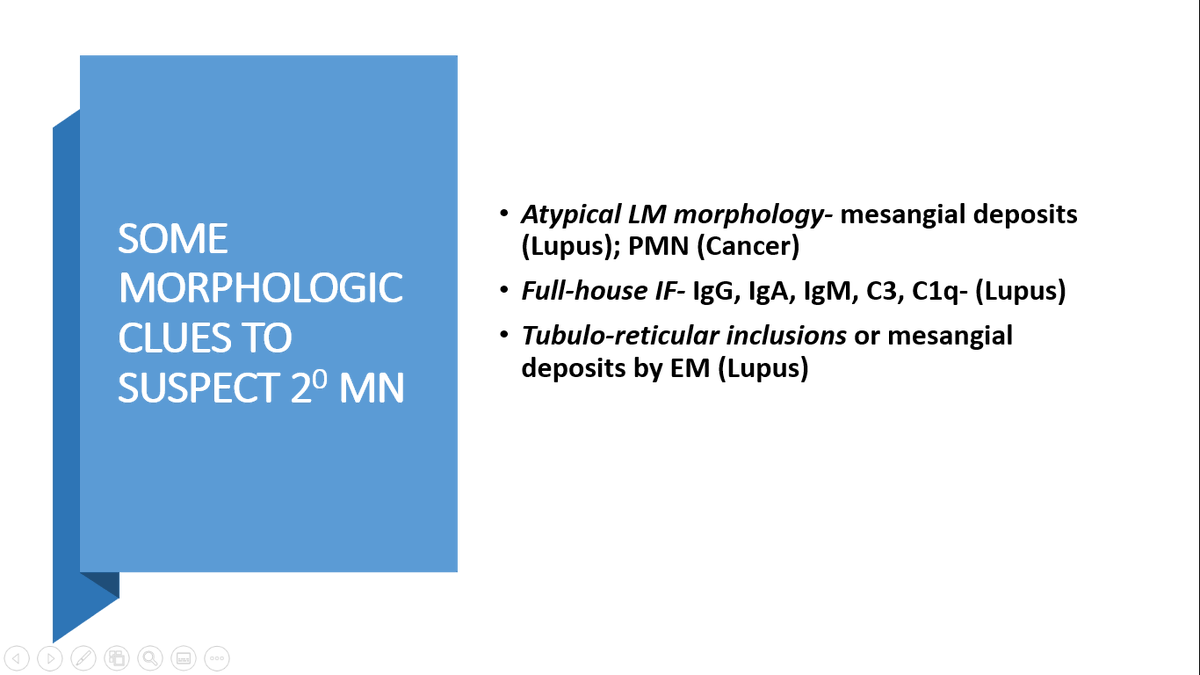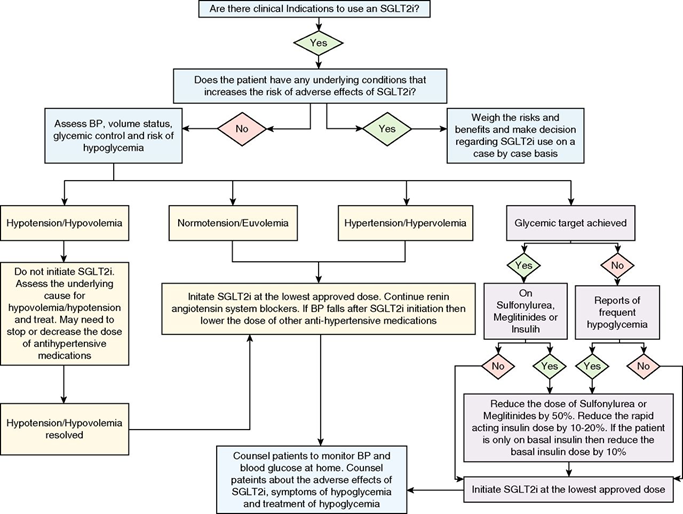
1)Tweetorial: Immune check point inhibitor related electrolyte disorders short letter @Kidney_Int kidney-international.org/article/S0085-… @renalmyeloma and Vipul Sakhiya - the FDA adverse reporting system.
2) Electrolytes were first mentioned @MayoClinicNeph as most common being hypocalcemia pubmed.ncbi.nlm.nih.gov/29762725/
3)Hyponatremia and other disorders were summarized in a single center study @BWHKidney @BetterCallSeeth @MegSise pubmed.ncbi.nlm.nih.gov/33374011/
4) Izzedine et al found hypercalcemia earlier this year as a potential culprit pubmed.ncbi.nlm.nih.gov/33374000/
5) We performed a query of (FAERS) database with a more detailed look at: hyponatremia, hypernatremia, hypokalemia, hyperkalemia, hypercalcemia, hypocalcemia, hypophosphatemia, hypomagnesemia, acidosis, hyperphosphatemia, and renal tubular acidosis) from 2011 to 2021.
6)A total of 2556 cases of electrolyte disorders were reported to the FAERS. The most commonly reported abnormality is hyponatremia (53.7%), followed by hypokalemia (18.71%), hypercalcemia (9.65%), hyperkalemia (5.56%), and hypocalcemia (4.68%).
7) Hyperphosphatemia was the least reported abnormality. Hyponatremia was most common in each class of drugs as well( CTLA4in, PD1in, PDL1in).
8) No difference amongst drug classes. Among reported events, proportions of events in males were statistically more significant (P < 0.01) than in females in all 3 drug groups.
9) Limitations: The events are reported by providers and/or patients, and there could be a reporting bias. In addition, not all demographic and comorbidity information is available to help identify whether other nephrotoxic risk factors are present.
10) Visual Abstract by @edgarvlermamd summarizes the findings. We need more research in this arena of electrolyte disorders with #immunotherapy @threadreaderapp #unroll 

• • •
Missing some Tweet in this thread? You can try to
force a refresh















